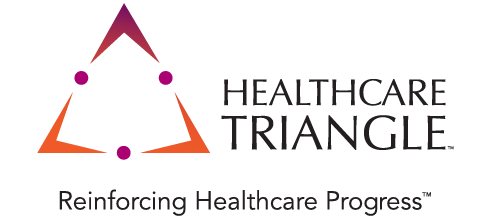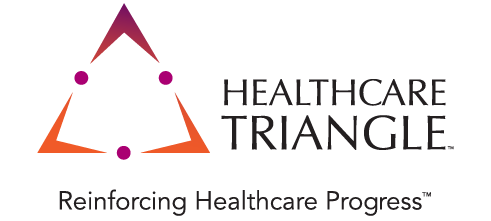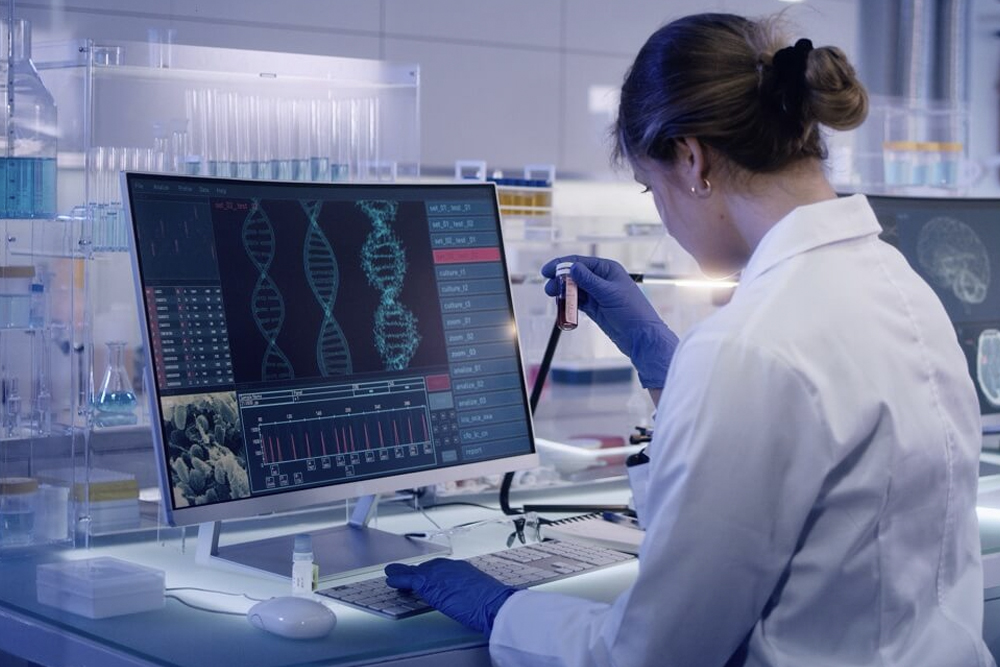How Next-Gen Data Analytics Platforms are Revolutionizing
Life Sciences
Anand Kumar, Senior Vice President,
Head of Cloud Solutions
Feb 1, 2023
The global life sciences analytics market is projected to reach USD 42 billion by 2025 (MarketsandMarkets). Hence, data analytics is becoming increasingly important among life sciences organizations. By embracing advanced data analytics platforms, life sciences can unlock powerful insights about the health of the populations, uncover new treatments for diseases, and discover emerging trends in biomedical research. With the right tools and a data-driven approach, they can make smarter decisions to drive innovation and improve patient outcomes.
Here is our top list of reasons why an investment in an advanced data analytics platform must be at the top of your priority list.
Next-Gen Data Analytics Platforms: Top 4 Benefits for Life Sciences
Analyze Data from Disparate Sources
The healthcare and life sciences industries are highly intricate and generate a massive amount of data every second from multiple disparate sources. These data and sources could present a holistic picture, but in the past, it’s been difficult to access it all through in a single view. Modern data analytics platforms can help life sciences organizations efficiently track, ingest, sort, catalog, and analyze data across patient records, clinical trials, government/partner databases and competition reports by integrating with various data sources and combining different data formats to provide actionable insights.
Accelerate Drug Discovery with Advanced Data Visualizations
Data visualizations are transforming the drug discovery process by providing a more comprehensive view of the data, enabling researchers to make informed decisions faster. By leveraging sophisticated tools like data analysis and machine learning, scientists can quickly identify correlations between different parameters and uncover hidden insights that would otherwise be missed with traditional methods. This accelerates the identification of new compounds, cuts down the time needed for drug discovery, and increases the potential for successful treatments. With data visualizations, researchers can quickly explore vast amounts of information and make sense of complex problems in an intuitive way. They can visualize different aspects of their research — from genomic data to clinical trial results — in powerful ways that allow them to spot patterns and trends faster.
Ensure Data Governance and Security
Data analytics platforms enable organizations to have a much better understanding of their data and how it is used. This helps them to create policies and processes that are effective in ensuring the security, accuracy, and usability of their data. With a comprehensive view of the data across multiple sources, organizations can see where data is stored, who has access to it, how it is used, and what risks may arise from improper use or access. Furthermore, data analytics platforms also allow organizations to identify patterns in their data that could be indicative of misused or attempted manipulation, misuse of privilege, or fraud. By identifying these trends early before any damage can be done, organizations are better positioned to take proactive measures and prevent costly data breaches or misuse. Additionally, data analytics platforms allow organizations to better measure the effectiveness of their policies and processes for improving data governance, allowing them to make more informed decisions about which strategies are working and which need adjustment.
Enable Secured Third-party Data Collaboration
Data analytics platforms are becoming increasingly important tools to enable third-party data collaboration. With the right collaboration platform, organizations are assured that their information will only be leveraged to address specific challenges but won’t be exposed for other purposes. This makes it possible for multiple parties to work together on a mission with minimal friction. Not only does this create a much more efficient workflow, but it also allows for the development of powerful insights that would not have been possible without the combined efforts of multiple researchers. Furthermore, data analytics platforms can provide insights into datasets that may otherwise remain hidden due to siloed information or lack of access. By breaking down these barriers, data analytics platforms enable the life sciences industry to build upon the collective knowledge of its members and drive progress at an unprecedented rate. Ultimately, this could help lead to the development of new treatments and cures for a wide range of diseases.
Healthcare Triangle’s HITRUST certified DataEzTM, cloud-based data analytics and AI engineering platform is designed to meet the needs of life sciences organizations, providing them with powerful insights into their operations and performance. With features like advanced analytics, customizable dashboards, and real-time reporting capabilities, our platform allows for better decision making and optimization of resources, while efficiently handling PHI data. We understand that managing a successful life sciences organization can be challenging – that is why our platform was designed to make it easier.
If you are looking for a data analytics solution that can help your organization succeed, get in touch with us today!


